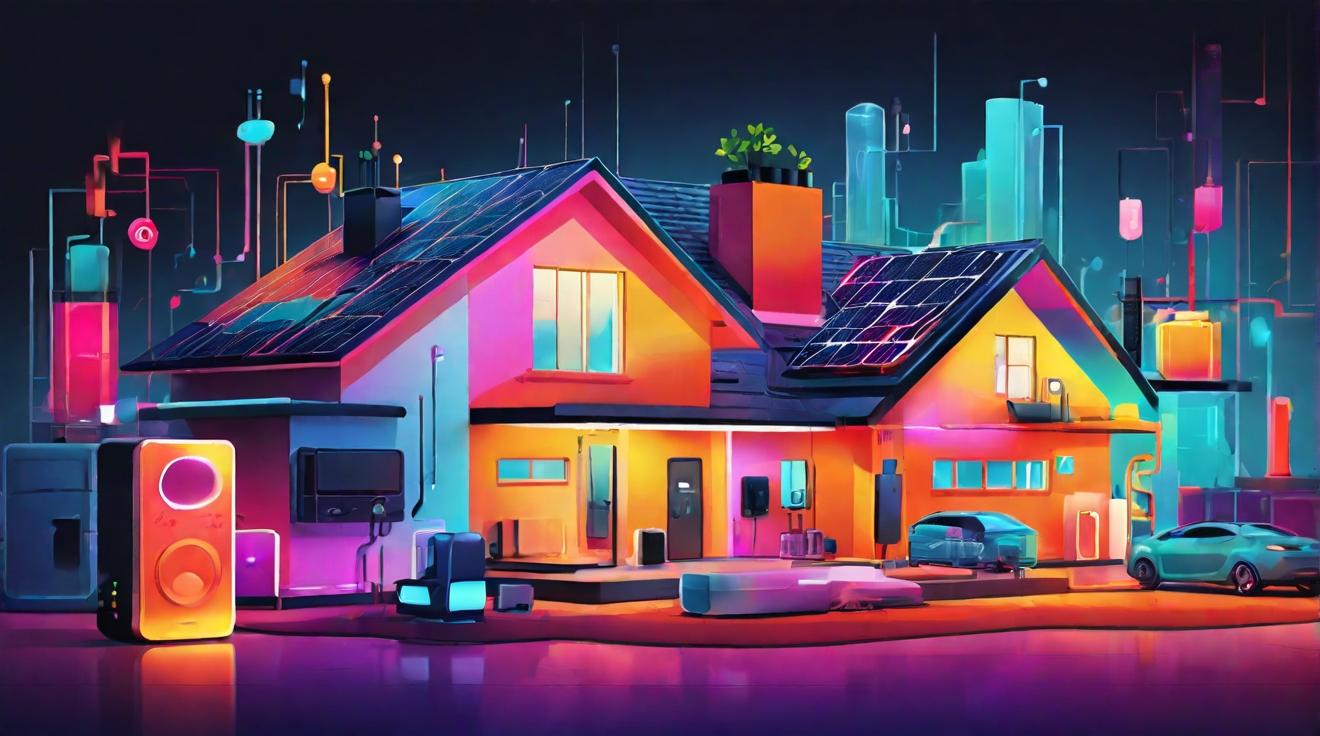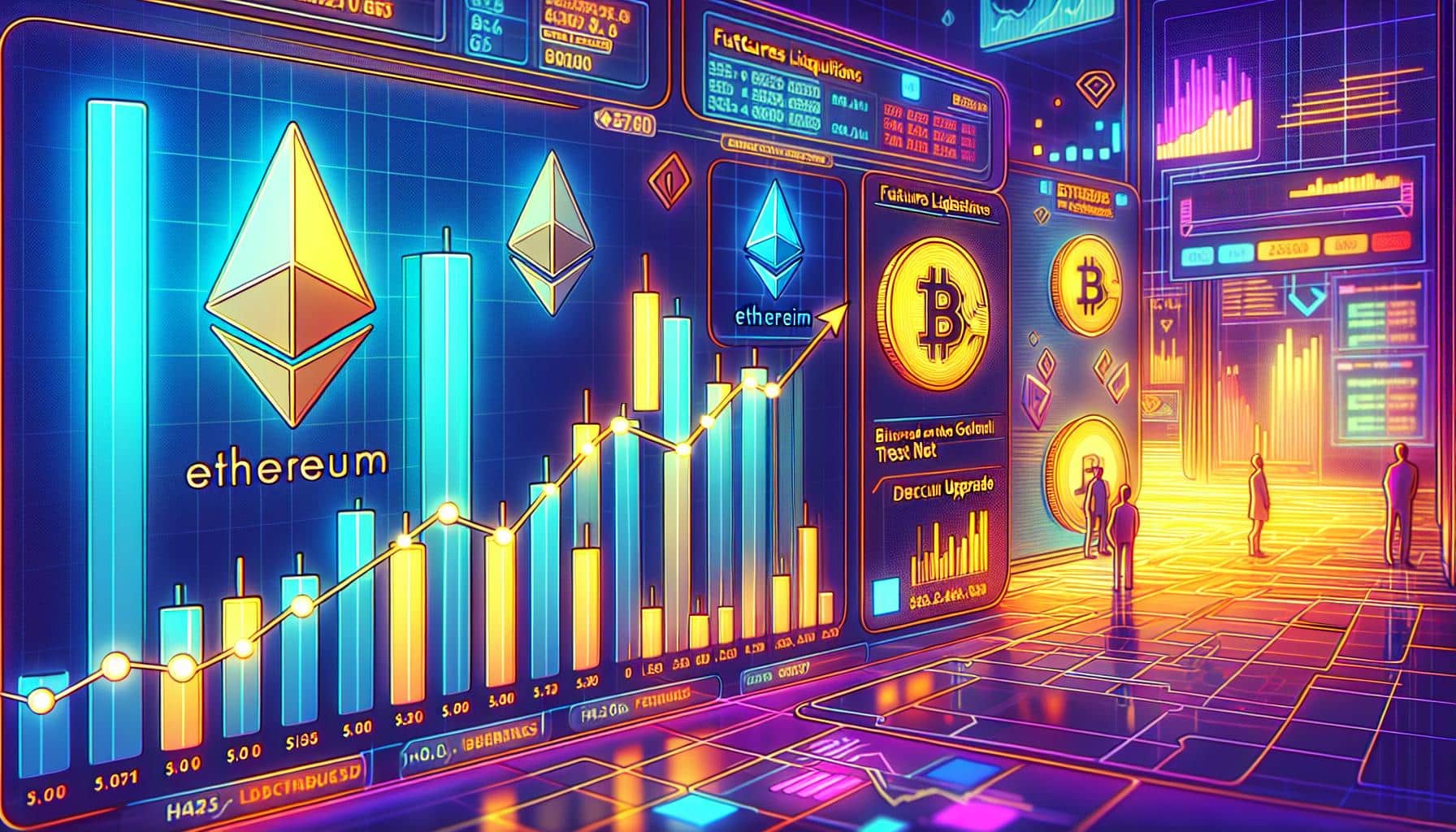Decarbonization Drives Innovation in HVAC Sector
In the face of growing global initiatives aimed at decarbonization and boosting energy efficiency, there's an escalating demand for solutions that are both smart and environmentally friendly. This push for sustainability is making its mark on the heating, ventilation, and air conditioning (HVAC) industry, prompting a wave of innovation geared towards creating greener and more efficient practices.
According to Rheem's Chief Technology Officer, Alan Machuga, modern HVAC products have become akin to "plug-and-play devices". They are engineered for simplicity – plug them in, adjust a dial, and they function autonomously. This ease of use is made possible through the integration of cutting-edge technologies, including variable speed motors and smart heat pumps. These advancements enable a higher degree of precision in managing energy consumption, adapting in real-time to environmental changes. The result? Homeowners enjoy lower energy bills while utility companies benefit from more effective grid management.
Yet, the evolution towards more complex technologies and electronics in HVAC solutions presents new challenges for contractors, particularly during installation and configuration phases. These tasks, traditionally straightforward and manually intensive, now demand a deeper understanding of sophisticated systems. In response, Rheem has innovated further, launching a mobile app designed to simplify the lives of HVAC and plumbing professionals. This app offers comprehensive access to product details, installation manuals, and instructional content. Leveraging Bluetooth technology, it allows contractors to seamlessly interact with systems, ensuring they are configured and set up correctly, maximizing performance without the need for manual intervention.
Machuga highlights the critical role of this app in helping contractors adhere to stringent regulations like California’s Title 24, which focuses on improving energy efficiency and sustainability in building projects. The app aids in ensuring compliance, thus contributing to the mitigation of grid strain during peak demand times, echoing the broader agenda of energy conservation.
Looking into the future, Machuga anticipates a significant transformation in the domain of water heaters, foreseeing them evolve into highly sophisticated, internet-connected devices. This connectivity unlocks a realm of possibilities, including performance monitoring and enabling participation in demand response programs. Such programs allow homeowners to monetize their appliances, presenting a shift in how energy resources are managed and utilized.
Machuga envisions water heaters as a "cheaper version of a Tesla Powerwall", positing their potential as energy storage solutions that could aid grid operators in balancing energy loads more efficiently. This scenario not only benefits the grid but also the end-users, who stand to gain from the enhanced functionality of their appliances.
In essence, the integration of smart technologies and connectivity is set to drive the HVAC industry towards new frontiers of innovation and opportunity, catalyzing future advancements that align with the global agenda for sustainability and energy efficiency.
Analyst comment
Positive news
As an analyst, the market for HVAC solutions will experience growth and innovation due to the increasing demand for smart and environmentally friendly products. The integration of cutting-edge technologies will result in lower energy bills for homeowners and more effective grid management for utility companies. However, there may be challenges for contractors during installation, but the introduction of a mobile app will simplify the process. In the future, water heaters are expected to become highly sophisticated and internet-connected devices, offering performance monitoring and participation in demand response programs. This transformation will benefit both the grid and end-users, driving the HVAC industry towards new frontiers of innovation and opportunity.













